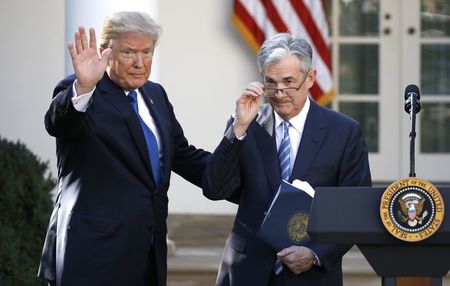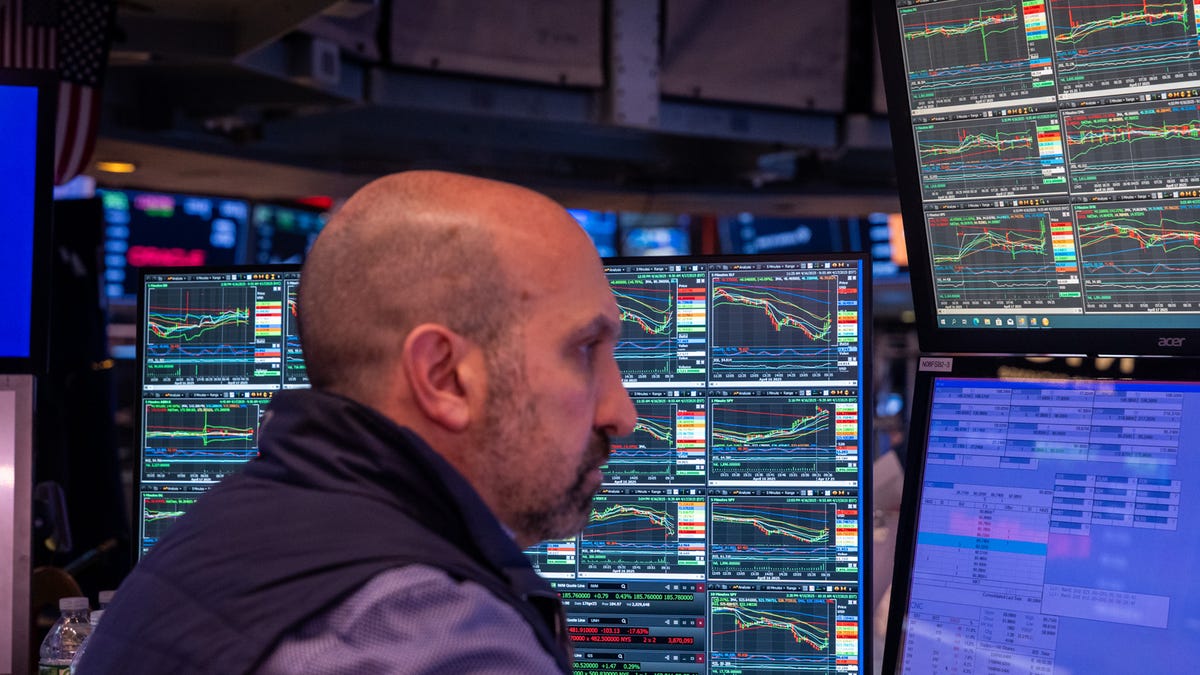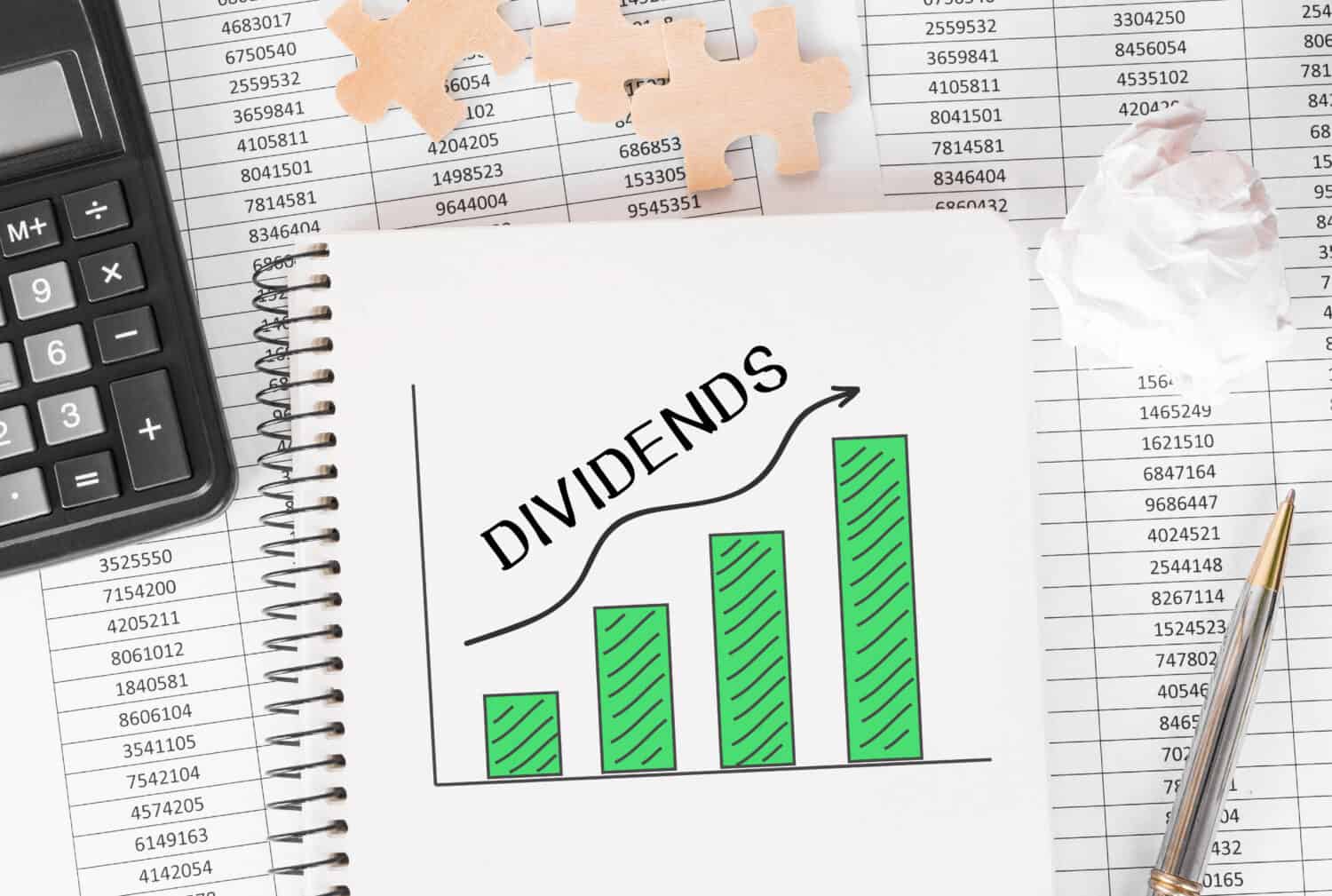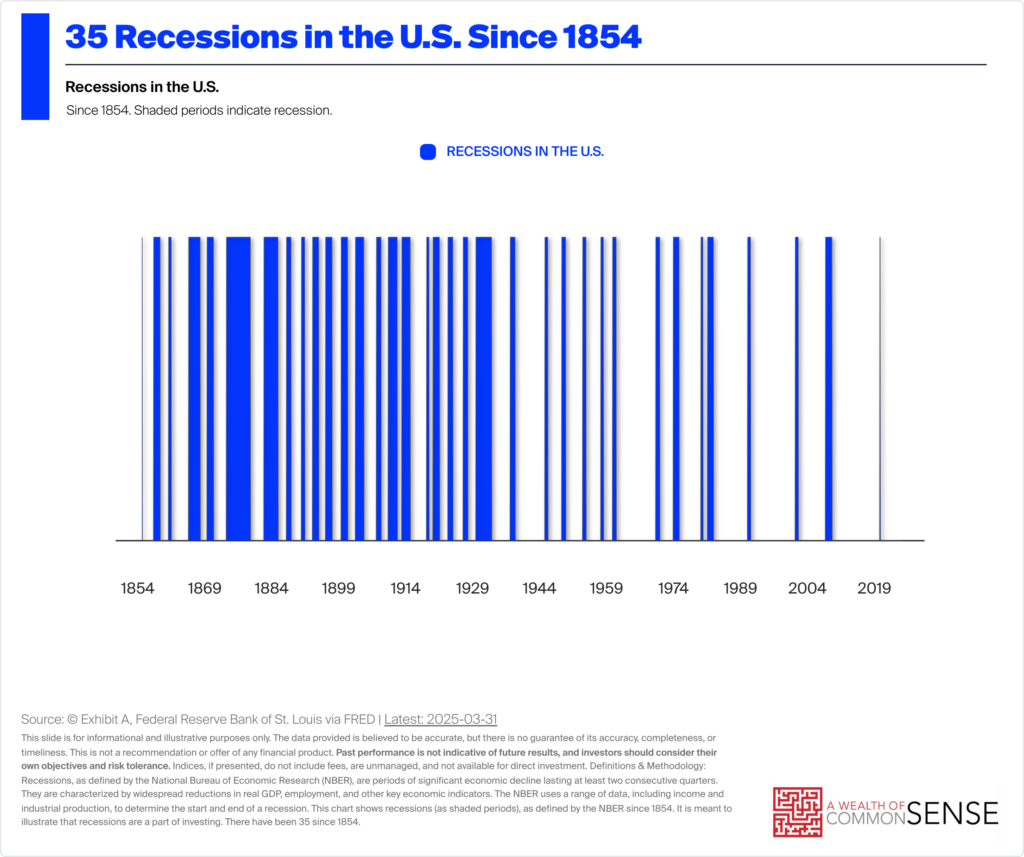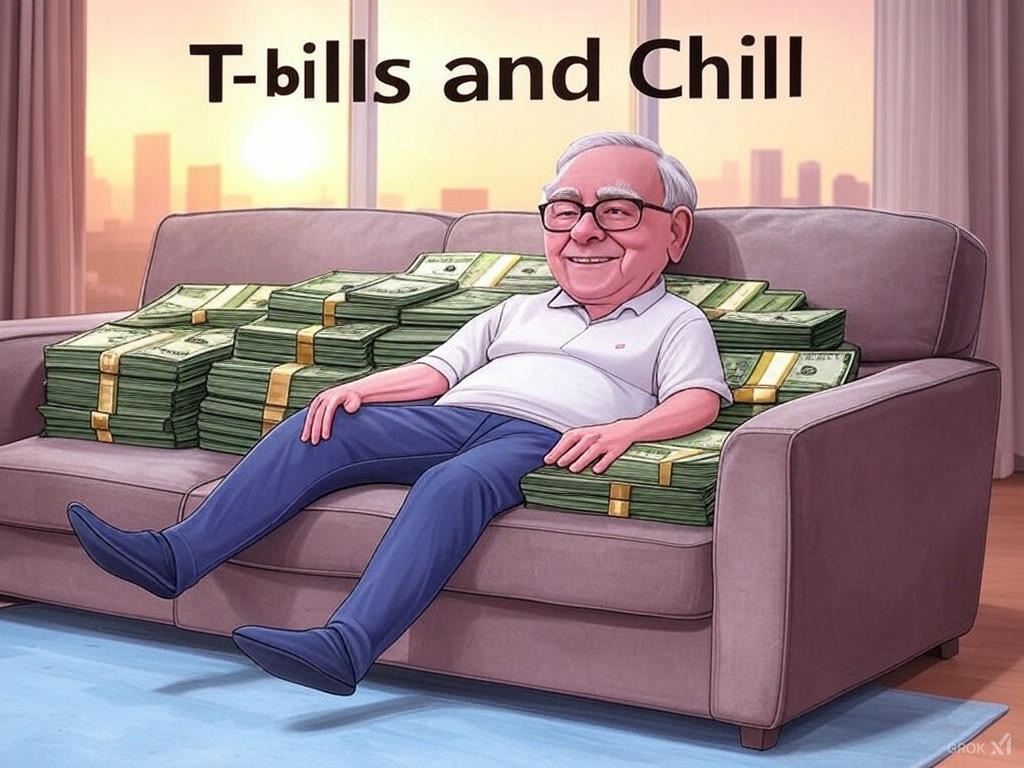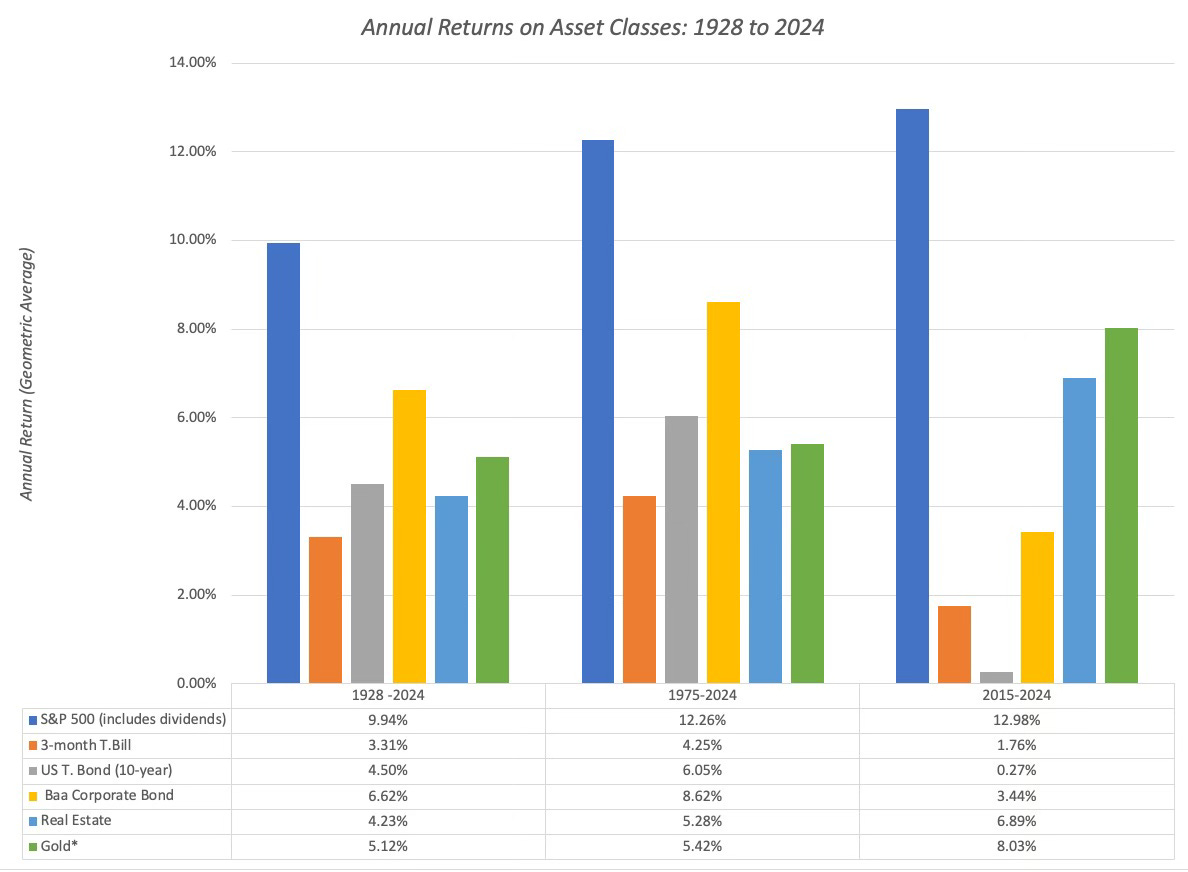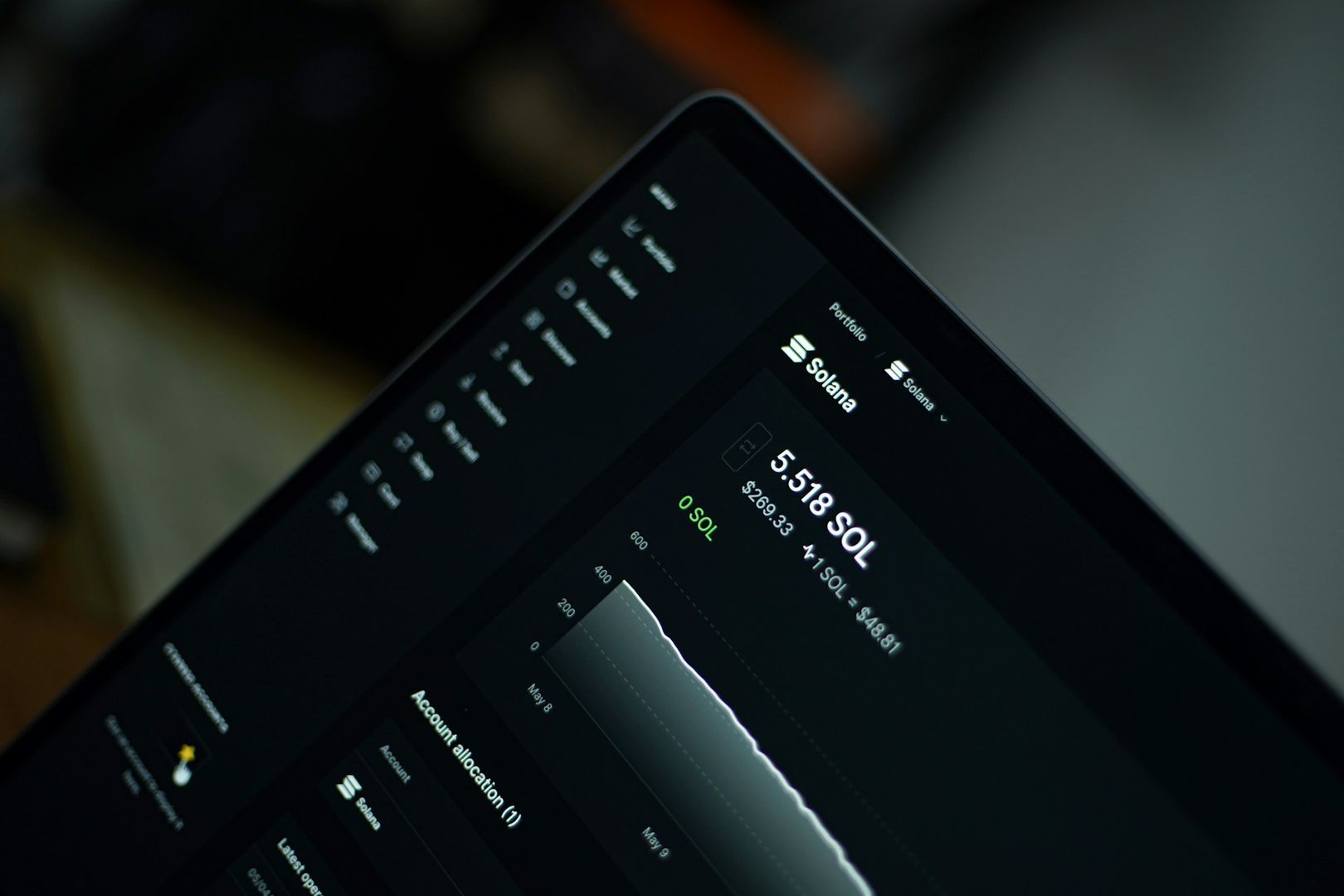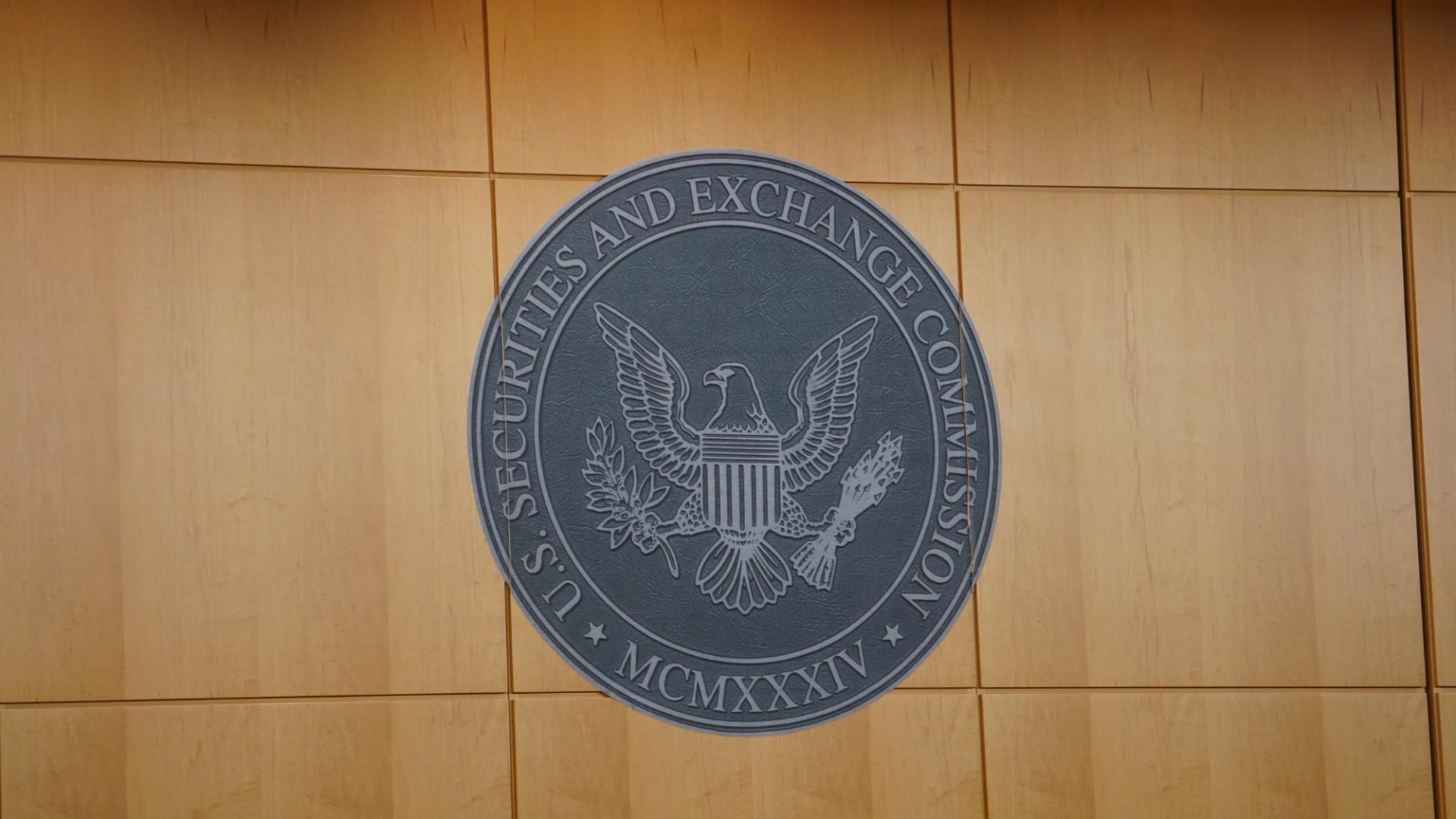Why Vanguard’s VTI ETF Is the Safest Bet for Long-Term Investors Today
When the outlook is uncertain and the future is cloudy, investors can add an extra layer of portfolio diversification through exchange traded funds (ETFs). Many of these funds provide an element of safety, but if you really want to shield your wealth from volatility in 2025, look no further than the Vanguard Total Stock Market […] The post Why Vanguard’s VTI ETF Is the Safest Bet for Long-Term Investors Today appeared first on 24/7 Wall St..

Key Points
-
The Vanguard Total Stock Market ETF (VTI) unlocks next-level diversification and offers a decent dividend.
-
Plus, the VTI ETF enhances your portfolio’s safety through price stability while keeping management fees low.
-
Are you ahead, or behind on retirement? SmartAsset’s free tool can match you with a financial advisor in minutes to help you answer that today. Each advisor has been carefully vetted, and must act in your best interests. Don’t waste another minute; get started by clicking here.(Sponsor)
When the outlook is uncertain and the future is cloudy, investors can add an extra layer of portfolio diversification through exchange traded funds (ETFs). Many of these funds provide an element of safety, but if you really want to shield your wealth from volatility in 2025, look no further than the Vanguard Total Stock Market ETF (NYSEARCA:VTI).
As you may be aware, Vanguard is known for offering cost-efficient funds that provide reliable income opportunities. Yet, even within Vanguard’s array of ETF offerings, VTI stands out as potentially the safest of them all. For long-term diversification, performance, and stability, you just can’t beat Vanguard’s Total Stock Market ETF.
Taking Diversification to the Next Level
An overly concentrated portfolio will leave you vulnerable to sharp drawdowns during times of market turbulence. To keep your wealth more secure and safe, consider diversifying your holdings. That way, even if one sector of stocks plummets, some other sectors should stay afloat, comparatively speaking.
To achieve diversification, many Americans rely on large-cap U.S.-focused ETFs such as the SPDR S&P 500 ETF (NYSEARCA:SPY) or the Vanguard S&P 500 ETF (NYSEARCA:VOO). Both of these funds track the S&P 500 stock index.
Sure, you might feel fairly safe if you’ve got 500 large-cap U.S. stocks in your portfolio. You’ll achieve a certain level of diversification because you’ll get exposure to well-known American businesses like Apple (NASDAQ:AAPL), Coca-Cola (NYSE:KO), and Home Depot (NYSE:HD).
However, there’s more to the American stock market than those 500 huge companies. There are also mid-cap and small-cap businesses, and the market might rotate out of large-cap stocks at any given moment.
You won’t need to worry about market rotation, though, if you own shares of the Vanguard Total Stock Market ETF. This fund provides exposure to large-cap U.S. stocks, but also to the mid-caps and small-caps.
This truly is next-level diversification, as the VTI ETF tracks the U.S. Total Market Index. This, according to Vanguard, “represents approximately 100% of investable companies in the U.S. equity market.”
Consequently, investors will participate in the ups and downs of large-cap, mid-cap, and small-cap stocks “diversified across growth and value styles.” Amazingly, the Vanguard Total Stock Market ETF comprises 3,598 stocks, which easily beats SPY and VOO when it comes to diversification.
Solid Performance Without High-Fee Drag
The old wisdom is that, over the long term, the S&P 500 will bring you average annualized returns of somewhere between 8% and 10%. Does the more broadly diversified VTI fund get you within that range?
As of April 21, 2025, Vanguard determined that the company’s Total Stock Market ETF delivered average annualized returns of 8.57% since the fund’s inception on May 24, 2001. Hence, the VTI ETF has kept investors within the 8%-to-10% ballpark.
To keep the time frame more recent, we can compare VTI and SPY over the past five years. This includes 2022’s bear market in large-cap stocks as well as this year’s volatility.
As you can see, the returns from SPY and VTI have been fairly similar. In a five-year span with dividends excluded, SPY returned 83.65% while VTI returned 80.77%.
That’s not a vast difference, and it’s within a reasonable margin of error. Besides, it’s okay to sacrifice two or three percentage points if that’s the price of greater diversification.
An important factor affecting the Vanguard Total Stock Market ETF’s long-term performance is its expense ratio. This is the fund’s annualized management fee, expressed as a percentage taken out of the ETF’s returns to the shareholders.
Vanguard states that the average expense ratio of similar funds is 0.75%, which would equate to $0.75 in fees deducted for every $100 invested in the fund for one year. In comparison, the Vanguard Total Stock Market ETF’s expense ratio is ultra-low at 0.03%.
Seeking Stability? Count on VTI
In the financial markets, there’s no safety without stability. Even if your total returns might be greater with some other fund, the Vanguard Total Stock Market ETF can help you sleep at night because it’s not prone to excessively wild price swings.
The past 12 months have been rocky, to put it mildly. Nevertheless, even after factoring in the recent broad-market drawdown, the VTI ETF has delivered positive returns of around 4% over the past year.
And, that’s just the share-price appreciation. The total returns have been even better than that since VTI provides an annual dividend yield of 1.3%.
So, once again, Vanguard brings you a sensible fund that’s appropriate for long-term investors of all stripes. Between the dividend distributions, the low management fees, the wide diversification, and the relatively mild drawdowns, Vanguard’s Total Stock Market ETF really is the total package for safety-minded investors.
The post Why Vanguard’s VTI ETF Is the Safest Bet for Long-Term Investors Today appeared first on 24/7 Wall St..




